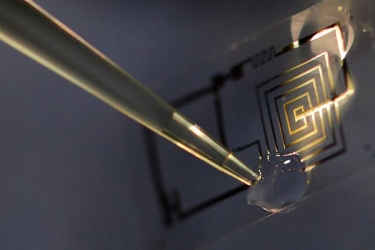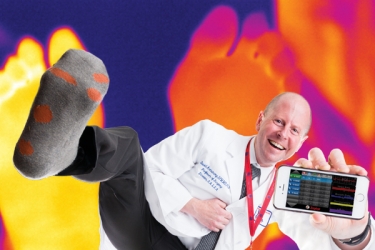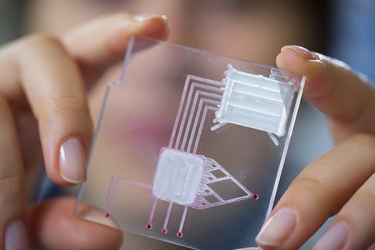Cloud-based and cognitive computing are now making it practical to collect and use information about the patient at the individual level. The convergence of wearable sensors and cloud computing are enabling the collection of massive data sets that provide users of that data insight into the sociological, psychological, and physiological aspects of health and disease.
This information is being readily gathered by some consumers, data capture companies, and increasingly by employers. The potential for use of this information in healthcare has emerged recently, but the explosion of this information is well underway. At the very least, wearable technology will inform us about design and logistical nuances of technology that emits a continuous stream of personal data to the cloud. It is likely many of these data streams will be useful to decision makers in the healthcare industry, not just the patient or the physician.
Many sensors currently being used routinely in healthcare can be deployed as a wearable and collect and transmit real-time wave-form data using electrical, optical, acoustic, and even chemical signals. These innovations are allowing providers, payers, and patients to accumulate new biomarkers for disease and health and to be much more informed about the effectiveness of interventions in real time. A collective hope is that researchers will no longer need to wait months or even years to get data on the success of a clinical trial. The promise is that physicians will be able to see if drugs or other interventions are working, in real time.





